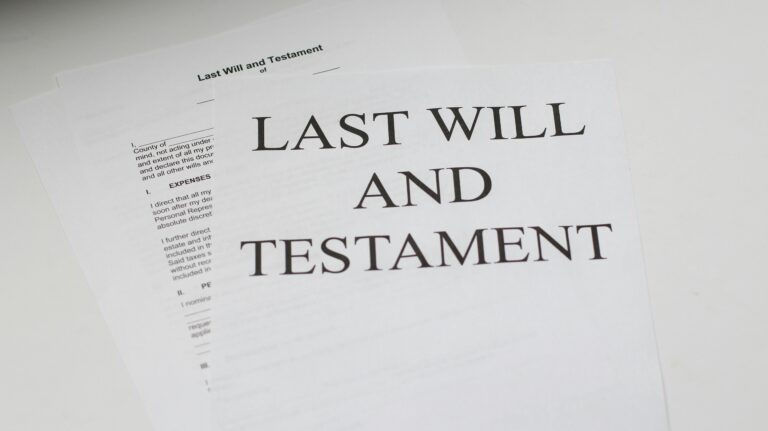If you’ve gone to the trouble of starting a business and nurturing it, then you might already be thinking about what will become of it when you’re no longer around to take the reigns. If you want the business to grow and thrive in your absence, then some kind of plan for succession is vital. And in most cases, this will involve drafting the right will.
Ensuring Continuity of Your Business
Through your will, you can dictate who will be involved in the running of your business after you’ve gone. By setting down your wishes clearly, you can avoid arguments between would-be heirs. If you don’t create a will, then your assets will probably (though not always) be evenly split between eligible parties. Even if this is a desirable outcome, it’s still worth being explicit. Thus, the guidance of the right will-writing solicitors can be pivotal.
Protecting Your Business Assets
It might be that your business relies on certain key assets. A factory, for example, might depend on a specialised piece of machinery. Your business also might own non-tangible assets, like ideas, and other kinds of intellectual property. Through your will, you can allocate different assets to different parties, and control how these should be managed in your absence.
Minimising Legal and Financial Complications
We’ve already mentioned the power of a will to create clarity. This can accelerate the probate processes, and lead everyone involved to the conclusion you desire. This not only ensures that your wishes are respected – it also helps the business to avoid the cost and distraction of a dispute. In some cases, a lengthy court case can be a major distraction, which can inhibit the performance of the business, and lead to damaging ill feeling that persists for years afterwards.
Providing for Employees and Partners
It might be that you want to safeguard the welfare of specific people in your business. These might be the workers themselves, or a partner you trust. A will allows you to insist that they receive particular levels, and forms, of compensation, and to protect them from redundancy.
Reducing Tax Liabilities
In some cases, the process of passing on an estate can incur special taxes. If you draft your will in the right way, you can often sidestep these taxes – either in whole, or in part. This will mean that your beneficiaries ultimately receive a more substantial chunk of the wealth you intend to pass to them, and that your business isn’t partly harvested by the exchequer. Of course, it’s critical that you sidestep any tax owed in a way that’s legal – if you don’t, then the passing of the estate might not be legally binding.


